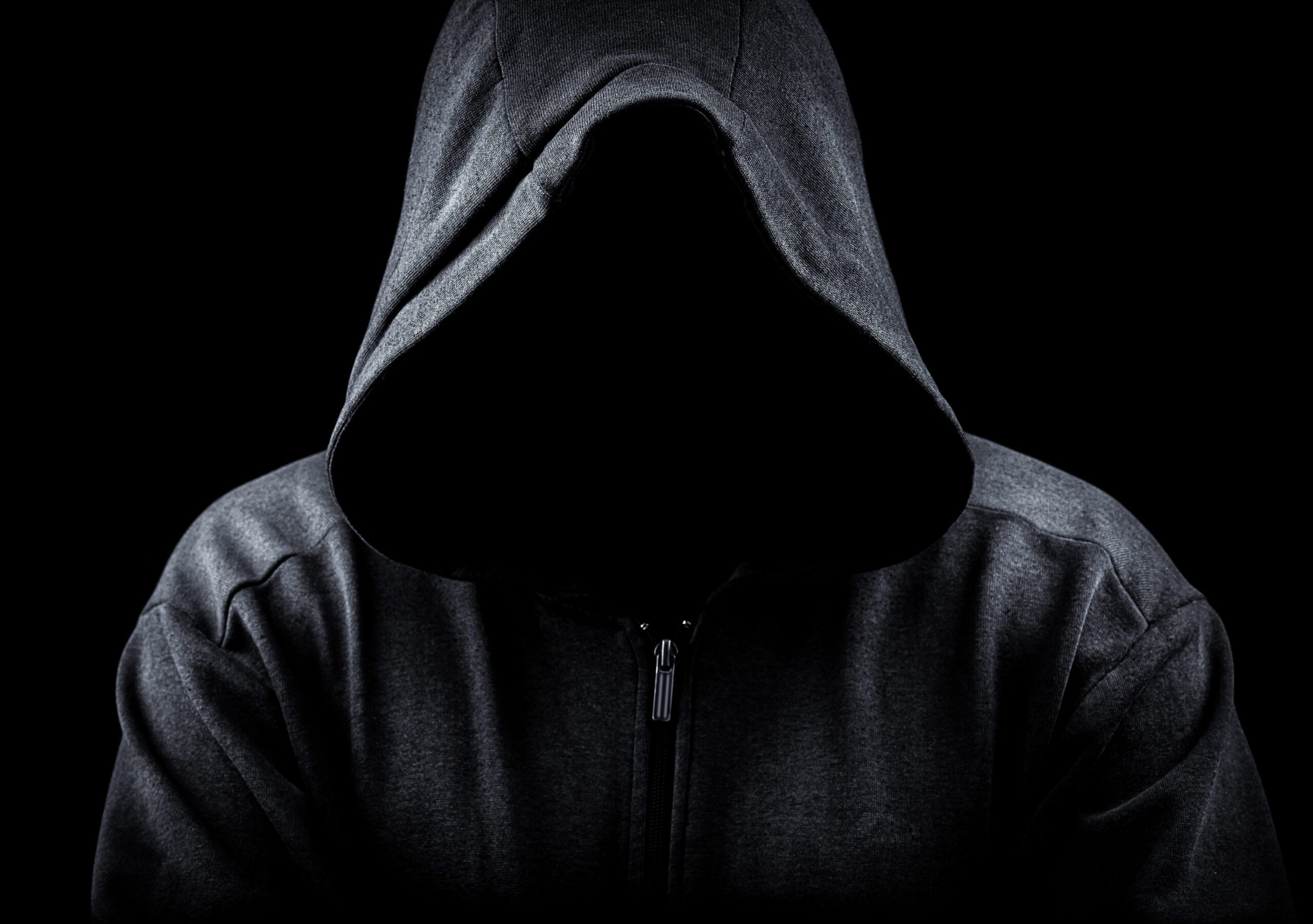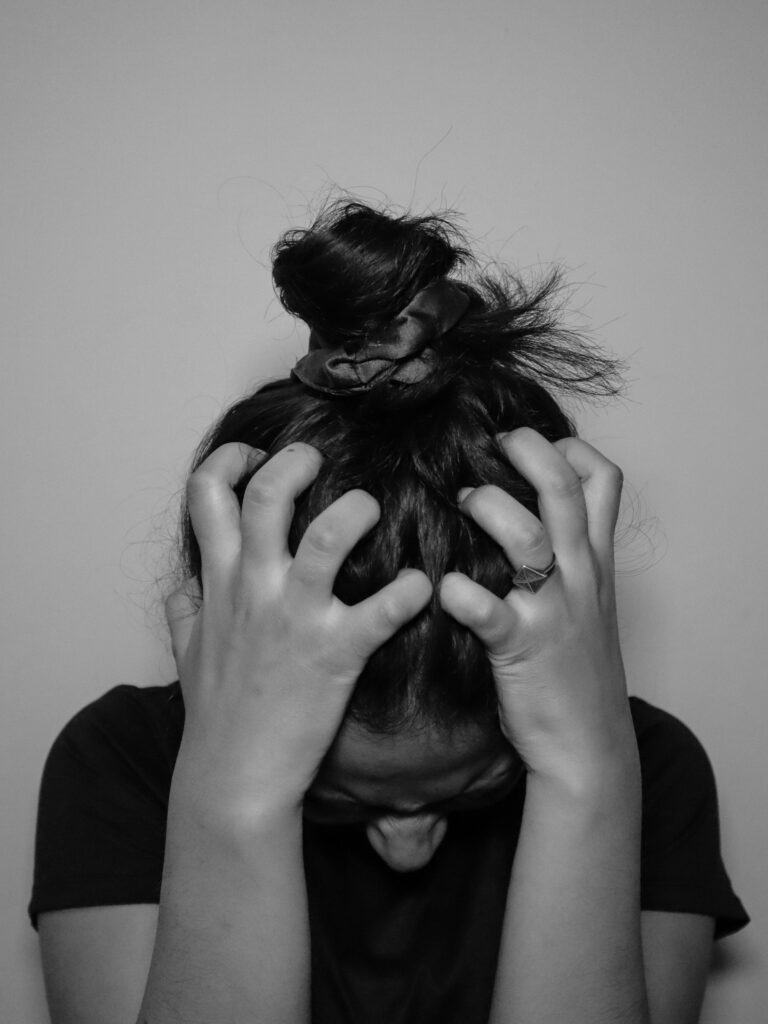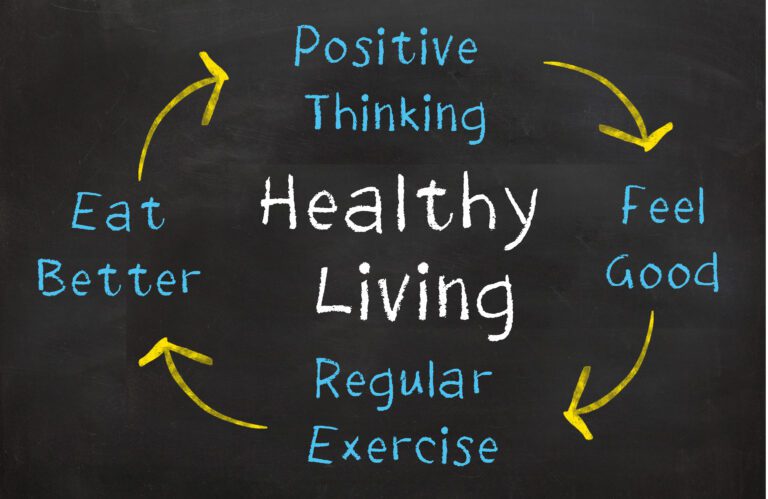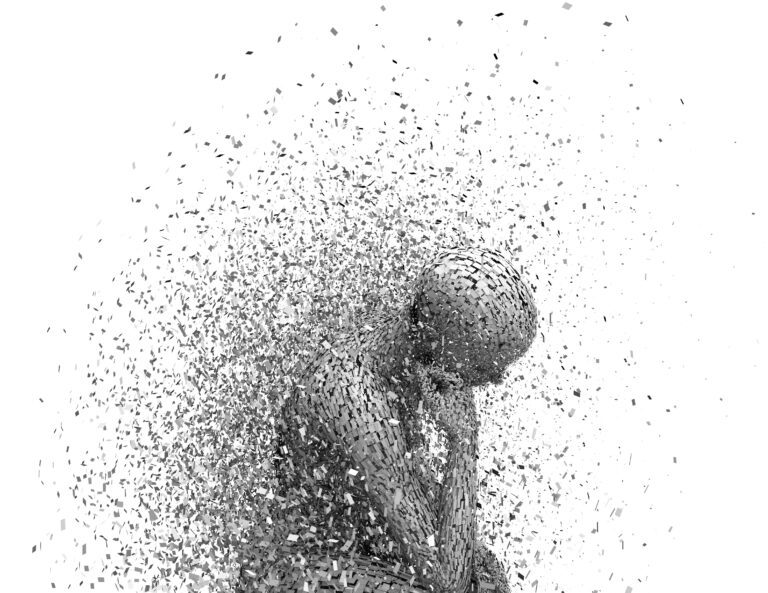The Top 12 Triggers of a Mood Episode – What You Find May Surprise You
When I was first diagnosed with bipolar disorder, my doctor sat me down, and we had a heart-to-heart. Triggers of a mood episode were the focus of the conversation.
My doctor went on to explain that medication would be the foundation of my overall treatment plan.
She told me I would have to adopt a healthy lifestyle comprised of positive self-care activities, healthy coping strategies, and an active lifestyle—at least, if I wanted to manage my bipolar disorder.
I was on board in a heartbeat.
Explanation of Triggers
My original doctor described the meaning of triggers.
She said, with bipolar disorder, a trigger is anything that makes my illness worse. A trigger can also cause an episode.
She explained that I needed to do everything in my power to reduce my triggers or eliminate them altogether. After all, what good can I be to my loved ones and those around me if I am in the throes of mania or depression? At those extremes, I am literally unable to take care of myself—or anyone else.
My hope is that you will take this information to heart. Please accept your diagnosis of bipolar disorder, and move forward. Sitting in denial will halt your treatment and will only make things worse.
Do not underestimate the power of acceptance. I have seen first-hand the negative impact on those individuals unable to accept their diagnosis of bipolar disorder. They never get a grip on managing their illness.
By simply digesting this information and keeping it in mind, you already are steps ahead of the game. This information will empower you in your daily fight against bipolar disorder, and it will help you to manage your illness.
There is no cure for bipolar disorder, but you can successfully manage it with the right treatment.
List of Triggers
Triggers will worsen your symptoms. It is as simple as that.
Some triggers can be avoided, while others are out of our control. Focus on the triggers you have control over, and minimize the negative impact of the ones you do not.
The following is a list of 12 triggers that can contribute to a bipolar mood episode.
Trigger #1 – Stress
Stress is pretty much a constant in our lives.
When it comes to bipolar disorder and other mental illnesses, stress is a huge trigger. Reducing the amount of stress in your life will greatly reduce the intensity and frequency of your episodes.
There is good stress and bad stress. Our bodies do not make a distinction between the two.
Stress is stress. It does not matter whether it is good or bad.
Trigger #2 – Sleep Deprivation
I’m sure you know how hard it is to function when you are sleep-deprived. Add bipolar disorder to the mix, and you have a recipe for disaster.
Just because you are sleep-deprived does not mean you will have an episode. It merely increases the likelihood of an episode.
One of the best ways to reduce sleep deprivation is to get a minimum of 8 hours of sleep each night. Take it one step further by going to bed and waking up at the same time each night and morning, respectively.
After all, consistency is key when it comes to treating bipolar disorder.
Trigger #3 – Toxic Relationships
A toxic relationship brings you down. It sucks the life right out of you, and it causes both stress and drama. Friendships and other relationships should build you up and not break you down.
Toxic relationships cause stress. Therefore, toxic relationships can trigger an episode.
Your mental health and the management of your bipolar disorder are of the utmost importance. If you are in the grips of an episode, your functionality will be nonexistent. It makes sense to do everything in your power to preserve your mind.
Take an inventory of the relationships in your life. To maintain stability, cut the toxic relationships out of your life.
I have cut out all the toxic relationships in my life. I am grateful I had the courage to follow through and make my health a priority. I hope that you will take your health seriously, too.
Trigger #4 – Breakups and Divorce
When you break up with someone or divorce them, you will no longer see them on a daily or regular basis. When someone dies in your life, you no longer get to see them. That is why the end of a relationship is seen as the death of a relationship.
The emotional impact causes extreme stress and thus can trigger an episode.
Trigger #5 – Alcohol and Drugs
It is common for those of us with bipolar disorder to self-medicate with alcohol and drugs. Unfortunately, alcohol and drugs intensify the symptoms of bipolar disorder.
What is the best way to eliminate this trigger? Abstain.
If you need help to abstain, try a support group, or talk to a medical professional. You can also seek out the help of a trusted friend or family member.
Trigger #6 – Seasonal Changes
Seasonal changes are not a trigger for everyone with bipolar disorder.
Generally speaking, fall and winter tend to trigger depressive episodes in individuals. During these seasons (at least in the Northern Hemisphere), there are fewer hours of light during the day, and the cold temperatures keep people indoors.
Spring has the opposite effect, as mania is more often triggered during this season. There are long hours of light during the day, and the warmer temperatures get people outside.
Some individuals are not triggered by seasonal changes. Others have the opposite occur in the Fall and Spring. In the Fall, they go into a manic episode, and in the Spring they get depressed. Each person is unique.
It is a good idea to chart your moods and see if you can find any trends.
Trigger #7 – Pregnancy
Many of the psychotropic medications we take for bipolar disorder cannot be taken during pregnancy. Hormones also dramatically fluctuate during pregnancy.
The best advice I can give is to speak with both your psychiatrist and gynecologist. As a team, they should be able to help you figure out a plan that you are comfortable with.
Just because you have bipolar disorder does not mean you cannot have kids.
Trigger #8 – Weather Changes
Have you ever had that feeling of wanting to stay in bed when it is overcast and raining? Now, add bipolar disorder to the mix. More times than not, you can get low-grade depression or even trigger a full-on depressive episode.
Multiple days of overcast and rainy weather can make things worse. That is why I could never live anywhere that rains a large part of the year.
How does the weather affect you?
Trigger #9 – Death of a Loved One and Bereavement
Very deep and forlorn emotions can consume you when a loved one dies. It makes perfect sense. I have been there, so I know first-hand.
The intensity of grief can greatly range from person to person. We are all unique in our biological and emotional makeup. That is why some people are triggered, and others are not, with the death of a loved one.
Individuals who lose a loved one and have bipolar disorder are commonly triggered into a manic episode. It is counterintuitive if you think about it. I think you would experience a depressive episode. To me, it makes sense because of the dark and down feelings you have when a person dies.
Make sure you have created a treatment and crisis plan to protect yourself in case the death of a loved takes place.
Trigger #10 – Medication
I am a huge supporter of medication as the foundation of an overall treatment plan for bipolar disorder.
It can take some time, but work with your doctor to find the right medication or cocktail of meds. It also takes time for your body to find an equilibrium once you consistently consume your medication.
I can feel it when I skip only one dose of my medication. I have to be extra vigilant when taking my meds.
Years ago, I went on a weekend trip, and I forgot to bring my medication with me. I think I went a day or two without my medication, but this triggered a manic episode. That happened once, and I will make sure that never happens again.
Now I am prepared, as I have a treatment and crisis plan in place.
Learn from my mistake about the importance of being prepared when it comes to taking your medication.
Trigger #11 — Job Loss
Job loss can be a huge trigger. After all, your job provides the money you need to pay for your necessary survival needs. It can be quite unsettling when your stream of income is suddenly cut off.
Having a job can also give us purpose and a reason for getting out of bed in the morning.
It goes back to stress. Losing a job creates an insurmountable amount of stress. This makes sense that job loss can trigger an episode. Like everything else, it is a good idea to be prepared.
Everyone’s experience is different. It is hard to make recommendations and find commonalities when each person’s life is unique.
- That being said, I do have a few suggestions. Utilize your support network. More often than not, you can find a family member or friend who can provide help. Perhaps you belong to a support group. It may feel uncomfortable to ask for help, but most people have been in a similar situation and will understand.
- Seek out resources based on what you need. There are plenty of resources in your community. It is only a matter of seeking them out.
- If you are married, and both spouses work, try to live off of one income. If a partner loses a job, you will be prepared to live off that one income stream.
Look at your situation and see what provisions you can make. It is better to be prepared than surprised.
Trigger #12 — Financial Strain
Financial strain can look different for each person and family.
Take debt as an example. Debt can cause anxiety across the board. Chronic anxiety can wear you down. The majority of individuals have credit card debt, housing debt, and/or school loan debt. Thinking about it contributes even more to stress.
An emergency that causes increased financial strain also increases stress, and this can trigger an episode.
Losing a job can cause a financial strain (see above). It can make things worse if you cannot find a job replacement and your bills become due. Again, if you have the means, try to prepare for this situation.
Last Thoughts
Stress is the No. 1 trigger of a bipolar mood episode. You obviously cannot be prepared for every situation that is thrown at you. However, you can take action to minimize the stress in your own life and learn to cope with the stress that will inevitably come.
The other triggers in this list are the result of stress. Try your best to eliminate or reduce these triggers.
Speak to a medical professional, such as your doctor or therapist, to create a treatment and crisis plan.
Preparedness is the best way you can combat a trigger and fight the bipolar battle. You simply need to take action and take the necessary steps.







